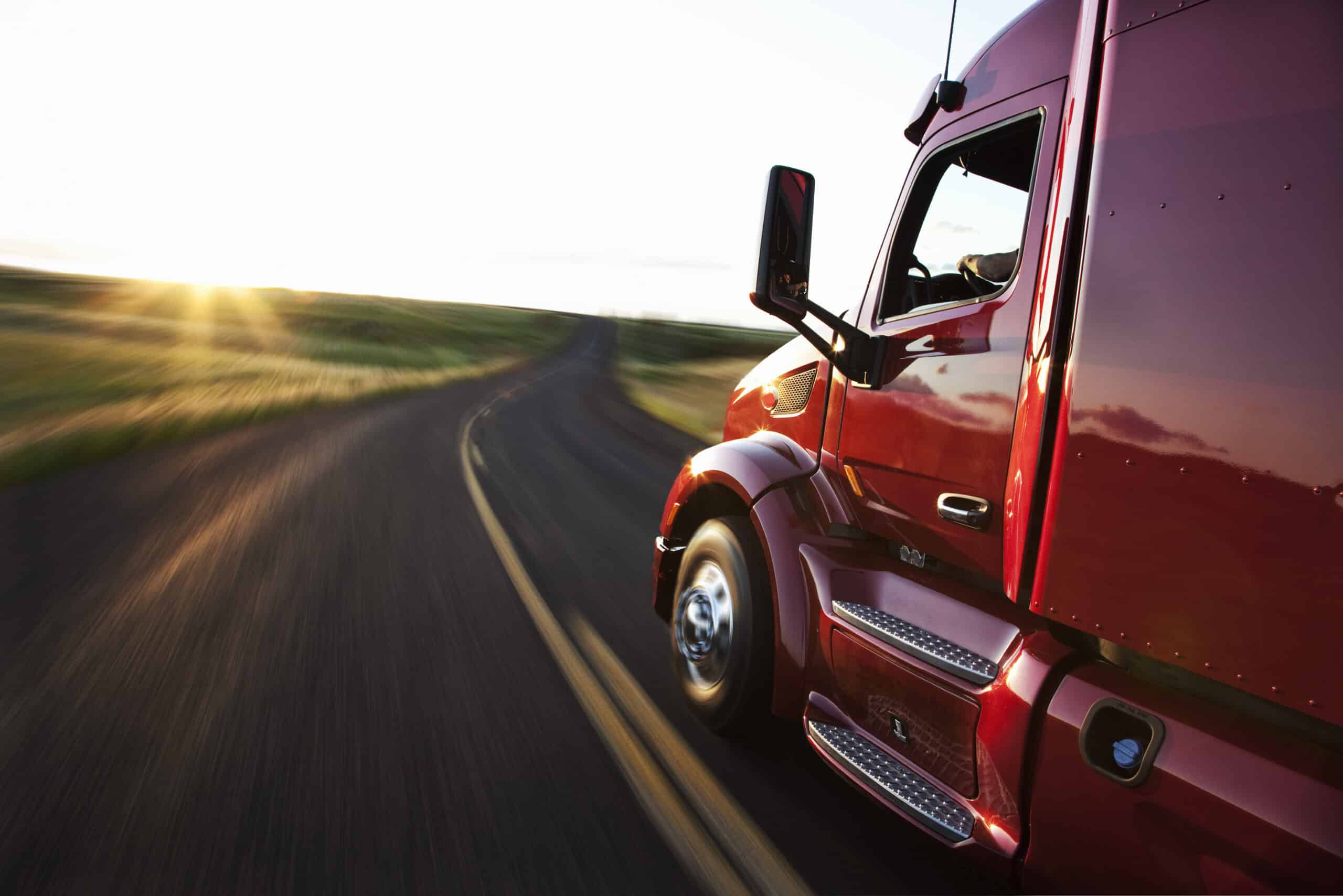What is a DWI?
The State of Louisiana uses the terms DWI, driving while intoxicated, and DUI, or driving under the influence, somewhat interchangeably. The law of Louisiana does not have separate laws for DUIs or DWIs. This means that if someone is arrested for driving while under the influence of drugs or while intoxicated with a blood-alcohol level above the legal limit, they will be charged with a DWI.
In Louisiana, it is against the law for any person to operate or be in physical control of a motor vehicle with a BAC of 0.08% or greater or driving while under the influence of illicit drugs. Even if you were not reckless, even if you did not hurt anyone or cause damage to anything, if you have a BAC of 0.08% or more while operating a vehicle, you can be charged with a DWI.
Are DWI Laws Different for Commercial Vehicles?
Louisiana does not take the offense of driving while under the influence lightly, and this is doubly so when it comes to DWIs and commercial vehicles and their operators.

A DWI can already impact your livelihood, but the financial impact, legal process, and personal influence are more severe when you are working and are charged with a DWI. Louisiana holds commercial drivers to a higher standard because of the training they receive and the dangers of a driver under the influence in control of a commercial vehicle.
Some of the Differences Between a DWI and a Commercial DWI
While a blood alcohol level of 0.08% or greater while operating a vehicle is grounds for a DWI, the standard is different for commercial drivers operating a commercial vehicle. If a commercial driver operating a commercial vehicle has a BAC of 0.04% or higher, or they are found to be operating their vehicle while under the influence of an illicit substance, they could lose their CDL. It is also important to remember that a CDL holder with a BAC of 0.08% or greater or driving under the influence of an illicit substance, even if they were not operating a commercial vehicle, could lose their CDL for up to a year.
Also, a commercial driver could lose their CDL for refusing a breathalyzer test, a method for testing BAC, even if they were not operating a commercial vehicle at the time of the test.

It does not take repeat DWI offenses for more severe penalties to take effect. A commercial driver can lose their CDL for a year after just the first offense. If a person relies on their CDL for income, losing it is the last thing they want to do. From a non-legal standpoint, getting a DWI while operating a commercial vehicle may significantly impact insurance, both commercial and non-commercial, and the ability to gain employment as a commercial driver in the future.
DWI penalties scale in accordance to the number of repeat offenses for non-commercial drivers, but for a commercial driver, it’s two strikes, and you’re out. If you are convicted of a DWI twice in Louisiana, you may face a lifetime CDL disqualification. This means you will no longer be able to hold a CDL.
Can a Lawyer Help?
Do not try to navigate a DWI charge alone. A DWI charge for a non-commercial driver is already treacherous and can affect someone’s personal and professional life. A CDL holder relies on their ability to drive a commercial vehicle in order to survive. A DWI on their record is more destructive than for someone who does not have a CDL.

An experienced criminal defense attorney can be the difference between a learning experience and a conviction. The lawyers of Whiddon Criminal Defense are well-versed in DWI and CDL laws and can be reached at 318-594-3592 to schedule a free case evaluation.
Don’t wait for a conviction; fight for your livelihood straight from the gate and ensure your means by using Whiddon Criminal Defense’s online contact form to schedule a free consultation.


 Call Us Now
Call Us Now Email Us Now
Email Us Now
